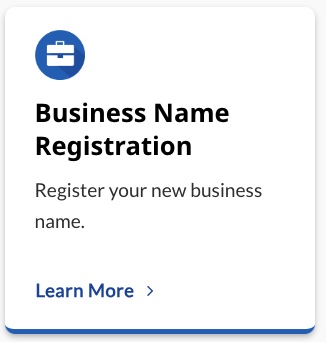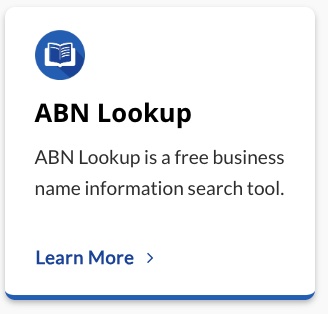Imagine you’re in a room full of people and they are all talking at the same time. It would be pretty challenging to understand what every person is saying, right? To add to the confusion, let’s say some of these people speak different languages. Your chances of understanding get even slimmer. This might sound a bit confusing, but it’s kind of like how computers communicate with each other on the internet. They use something called web protocols to have proper conversations and share data with one another.
Like in our imaginary room, there are many such protocols, or languages, that computers can use to chat. They all have their own rules and styles that need to be followed. These protocols ensure that computers can understand each other, regardless of where they are in the world or what type of computer they are.
Perhaps the most important of these protocols is the Hypertext Transfer Protocol or, as you may know it, HTTP. This one is like the dominant language of the internet. You’ve probably seen “http” in the beginning of a website’s address. Well, HTTP is the language in which webpages speak to your browsing software, that is your web browser like Chrome or Safari, allowing you to access and interact with the World Wide Web.
Why is HTTP so important? Think of the internet as a global city and HTTP as its chief form of public transport. It helps you get from one point to another online. So, whether you are shopping, learning, or just scrolling through social media, you’re using HTTP without even realizing it.
Now, HTTP is great but it had one major weakness. It was like sending a letter in a translucent envelope. Anybody who intercepted this letter could clearly read its contents because HTTP didn’t really have a mechanism to hide what data it was transferring.
To address this, a more secure version called HTTPS, or HTTP Secure, was created. It’s like sending that same letter, but now in a sealed, opaque envelope. Only the rightful recipient has the means to open the envelope and read its contents. In other words, HTTPS keeps your browsing data safe and sound as it travels between your computer and the web page you’re visiting.
The whole point of HTTPS is to ensure a safe journey for your data. It uses encryption, which is like a secret code that scrambles the data being sent so that it becomes nonsensical gibberish to anyone who tries to read it without the right key (or decryption code). This means, even though someone can technically intercept the data, they wouldn’t be able to understand it.
So, the takeaway? Web protocols like HTTP and HTTPS play a crucial role in how we use the internet every day. They determine how data is sent and received, making it possible for your computer to communicate with websites all around the world. Not only that, but they also help keep your data secure, so you can browse the internet with peace of mind.
Register your new business name at register.biz.au


